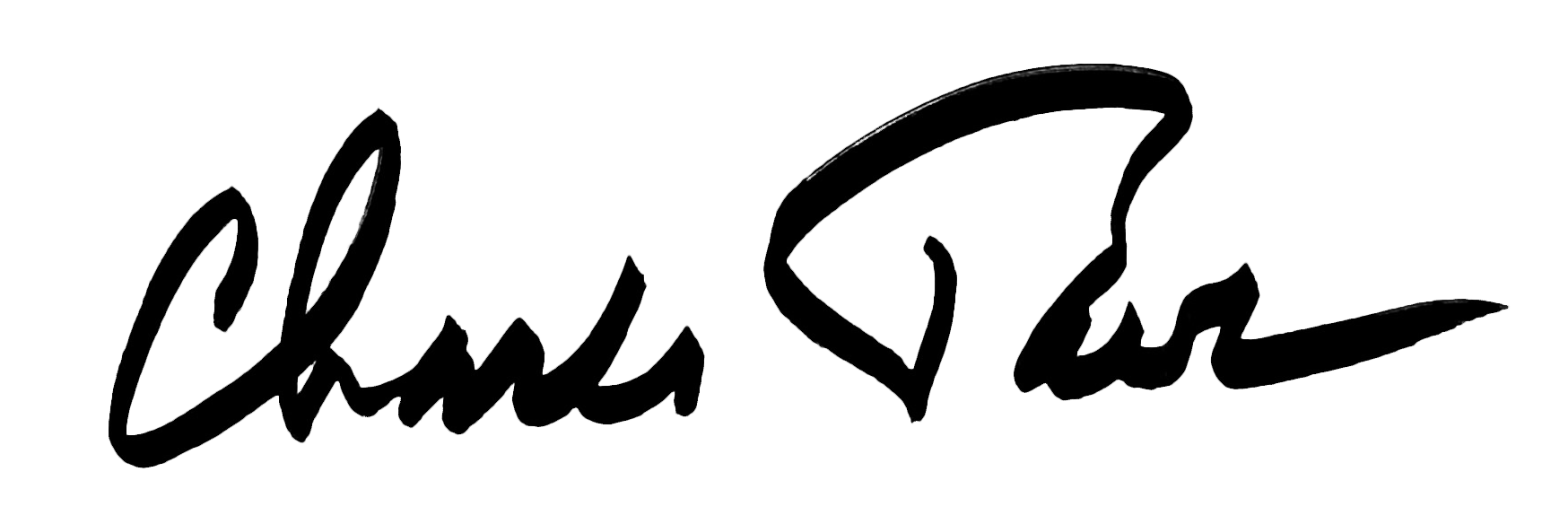My Teaching Career and the Joy It Brought
Before I started my second career as an author, I was a teacher for thirty years. Whenever I tell someone that, their first question is, “What did you teach?” There are numerous answers to that question, but since I know they are asking about the subject or grade, I answer, “Middle school and high school English.” That’s the simple answer. But I taught more than that.
First, I also taught theatre in that portion of my career when I taught high school. This, of course, also entailed directing the two plays performed each year—one nonmusical and one musical—and I was blessed with some amazingly talented students during this time, some of whom have made the theatre their careers. Quite a few others became teachers and professors, which definitely uses the talents necessary for acting. I’ve seen them in plays performed in various cities, and they are still amazing, both as actors and human beings.
However, the answer I always want to give would sound like a sarcastic response or at least an attempt at humor, so I don’t respond with that. The answer I want to give is the complex one-word reply: students.
Yes, that is a complex response. I’m sure everyone can see why it would be thought sarcastic or possibly humorous, since of course, I taught students because I worked in a school and not some kind of dog training facility. And even then, the dogs could rightfully be considered my students.
No, the complexity lies in the full meaning of the word as I see it. Many who are not current or former teachers—and even some who are—will see the word as a category—something to call the many people who sat in desks in my classes. But they are far more than that.
Perhaps a story from my college days when I was first studying to be a teacher would help here.
My introduction to education class instructor was named Duque (pronounced Duke) Wilson—with “Duque,” the name he told us to call him, being one of the more unique nicknames to ever belong to anyone. One day he wrote the following on the board at the front of the room: I teach Sally math. Then, he chose me to go to the board and label all of the parts of the sentence since I was the only student in the class who was planning to teach English. I dutifully walked to the board and wrote “S” for “subject” above I, “V” for “verb” above teach, “I.O.” for “indirect object” above Sally, and “D.O.” for “direct object” above math. It was a simple exercise, and I wondered where he was going with this.
When I took my seat, he said, “Mr. Tabb, you are both correct and incorrect.” I was puzzled, to say the least, as was everyone else in the room. “Your job as a teacher,” he continued, “is to also teach Sally about Sally herself. It is your job to teach her that love is better than hate, kindness is better than cruelty, and caring is better than apathy, to name just three of hundreds. That will be the most important part of your job. So, one thing you teach is Sally herself as a thing to be taught. Thus, the sentence also contains a second direct object.”
Duque was one of the most amazing teachers I ever had. He has passed on from this world, yet he remains because of his effect on countless students over the years. I wanted such a legacy as a teacher.
That idea, of course, leads us to my definition of “students.” I can tell you that while there were some who could dance on my last nerve, I loved them all. I could remind myself they were actually adults in the making. They weren’t there yet, even the high school seniors. Oh, they thought they were adults, but they weren’t, of course. We are all, you see, always younger than we think we are.
I always kept Duque’s words in my mind – and heart – when I taught. By the time I was teaching high school seniors, the students called my class “Life Lessons 101.” It truly became something many students had heard. I used literature to teach my students such things as love is better than hate, kindness is better than cruelty, and caring is better than apathy. I taught them about themselves. That is one way I showed them my love for them. I showed I cared about who they became and how they treated themselves and others. I told them about how their time is the most valuable gift they could give another, since we are allotted a finite number of seconds, minutes, hours, and days to live. Giving some of those minutes to help another or just be with someone who needed our attention was giving what we had precious little of. I showed I loved them by giving them my time. And they, in turn, loved me back.
When I was a teacher, I would be asked by my colleagues how I got my students to love me. My answer was always the same. “I loved them first.”
